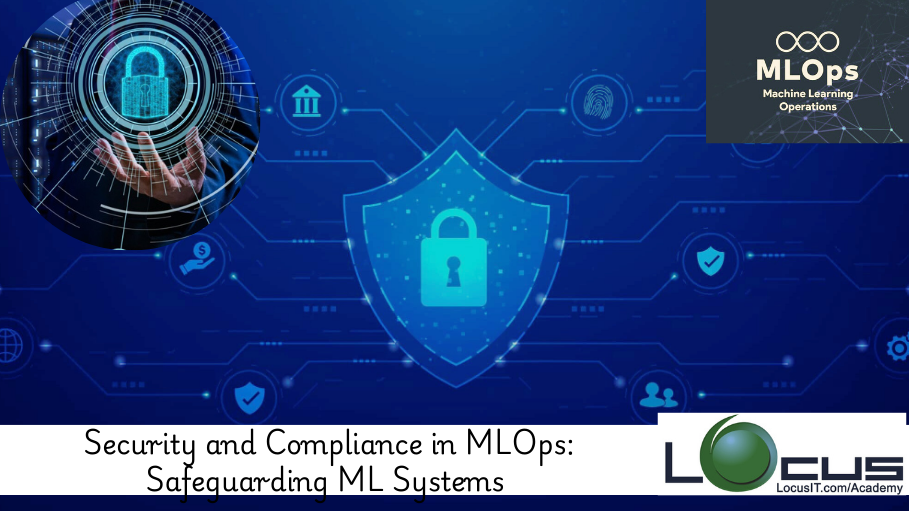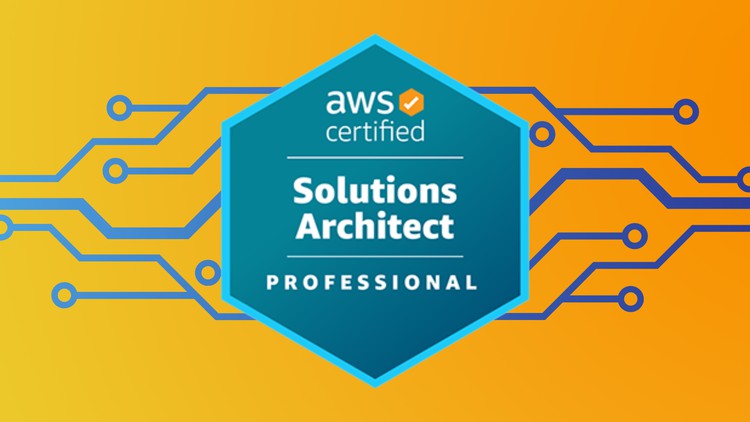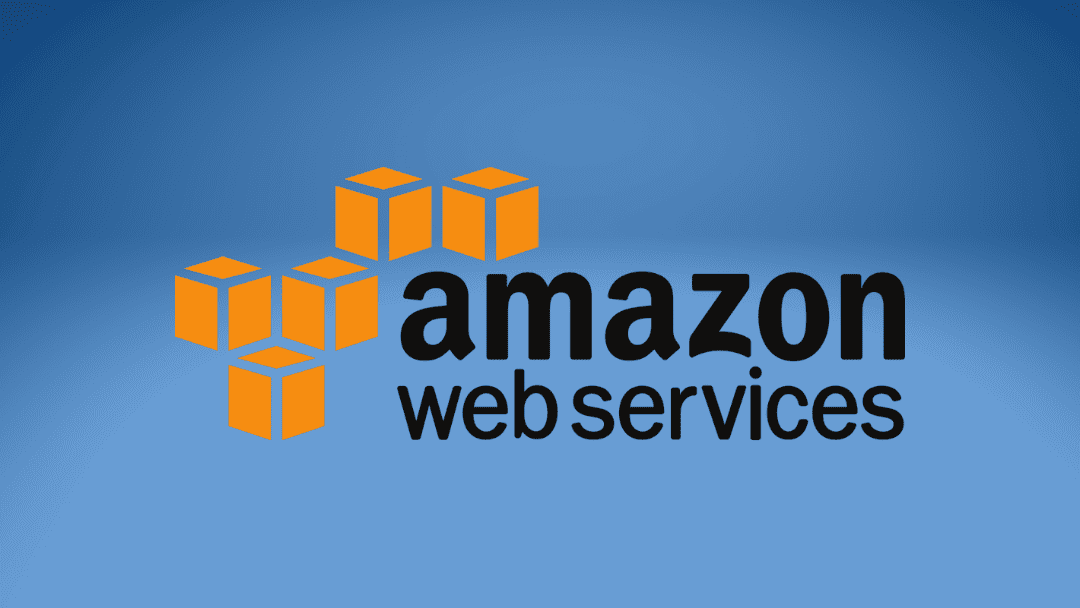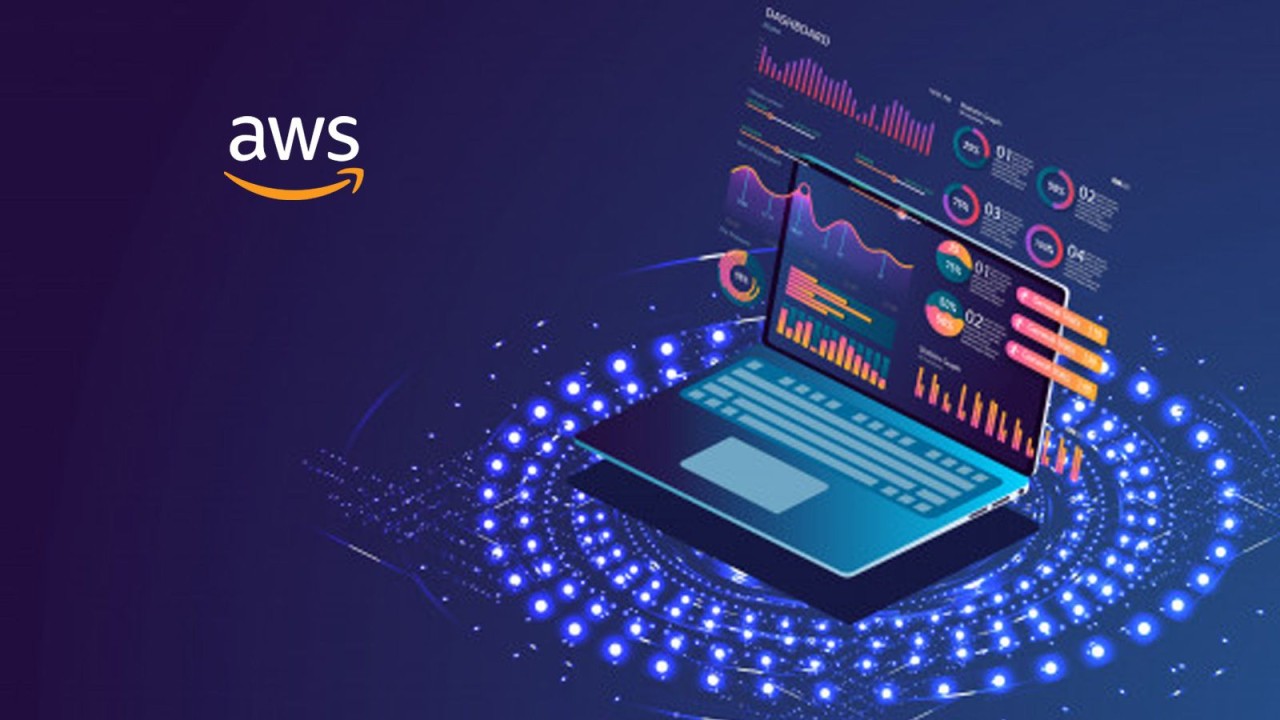Description
Introduction
As machine learning (ML) systems become increasingly integrated into critical business functions, securing these systems and ensuring they meet regulatory requirements has become paramount. Security and compliance in MLOps (Machine Learning Operations) are vital for protecting data, maintaining privacy, and ensuring the ethical deployment of machine learning models. This course explores the strategies, best practices, and tools needed to safeguard ML systems against security threats, ensure compliance with laws and regulations, and manage risks effectively in production environments.
Prerequisites
- Basic understanding of machine learning concepts and workflows.
- Familiarity with MLOps principles and tools (CI/CD, versioning, Docker, Kubernetes).
- Understanding of security principles such as encryption, authentication, and access control.
- Experience with cloud platforms (AWS, Azure, GCP) and their security offerings.
- Familiarity with privacy regulations such as GDPR, HIPAA, and CCPA is a plus.
Table of Contents
- Introduction to Security and Compliance in MLOps
1.1 The Importance of Security and Compliance in MLOps
1.2 Key Risks in ML Systems (Data Breaches, Model Inversion, Adversarial Attacks)
1.3 The Role of Governance and Compliance in ML Lifecycle - Data Security in MLOps
2.1 Protecting Sensitive Data in ML Pipelines
2.2 Encryption Techniques for Data at Rest and in Transit
2.3 Secure Data Storage Solutions (Databases, Data Lakes, etc.)
2.4 Anonymization and Tokenization in Data Processing - Model Security and Integrity
3.1 Ensuring Model Integrity through Version Control(Ref: Advanced MLOps: Integrating DevOps and Machine Learning for Scalable Solutions )
3.2 Protecting Against Model Poisoning and Adversarial Attacks
3.3 Using Model Explainability to Enhance Trust and Security
3.4 Securing the Model Deployment Pipeline (CI/CD) - Access Control and Authentication
4.1 Managing User Roles and Permissions in MLOps
4.2 Best Practices for Secure Authentication (OAuth, SSO, Multi-factor Authentication)
4.3 Identity and Access Management (IAM) for MLOps Systems
4.4 Managing Secrets and API Keys Securely - Ensuring Compliance with Privacy Regulations
5.1 Understanding GDPR, HIPAA, CCPA, and Other Regulations
5.2 Data Governance Frameworks for ML Systems
5.3 Auditing and Logging for Compliance
5.4 Building Privacy-Preserving ML Models (Differential Privacy, Federated Learning) - Monitoring and Auditing ML Systems for Security
6.1 Continuous Monitoring for Security Vulnerabilities
6.2 Logging and Auditing for ML Models and Data Pipelines
6.3 Detecting Anomalies and Breaches in Real-time
6.4 Incident Response and Threat Detection in MLOps - Securing ML APIs and Endpoints
7.1 Best Practices for API Security (Rate Limiting, Authentication, Authorization)
7.2 Securing ML Model APIs from Attacks (DDoS, SQL Injection, etc.)
7.3 Protecting Data and Models in Deployment with TLS/SSL
7.4 Using Web Application Firewalls and Security Proxies - Automating Security and Compliance in MLOps
8.1 Integrating Security Scanning and Validation in CI/CD Pipelines
8.2 Automating Compliance Audits and Reporting
8.3 Using DevSecOps for Continuous Security in MLOps
8.4 Automating Risk Management with Machine Learning - Ethical Considerations and Bias Mitigation
9.1 Addressing Bias in ML Models (Data, Algorithmic, and Outcome Bias)
9.2 Fairness and Transparency in ML Systems
9.3 Ethical Guidelines for ML Development and Deployment
9.4 Establishing Accountability and Traceability in MLOps - Security and Compliance in Cloud-based MLOps
10.1 Cloud Security Frameworks and Best Practices
10.2 Securing ML Systems in AWS, Azure, and Google Cloud
10.3 Using Cloud-native Tools for Compliance and Auditing
10.4 Managing Cloud Permissions and Multi-tenancy in MLOps - Managing Third-party Risk and Supply Chain Security
11.1 Securing ML Models and Data from Third-party Vendors
11.2 Assessing Risk in Open Source Libraries and Frameworks
11.3 Using Secure Software Supply Chain Practices in MLOps
11.4 Legal and Compliance Considerations for Third-party Integrations - Case Studies: Security and Compliance in MLOps
12.1 Ensuring Data Privacy and Compliance in Healthcare ML Systems
12.2 Securing AI Models for Financial Applications
12.3 Mitigating Adversarial Attacks in Autonomous Vehicles
12.4 Compliance Challenges in ML Systems for E-commerce - Hands-on Labs and Final Project
13.1 Implementing Data Security in a Machine Learning Pipeline
13.2 Automating Compliance Audits for ML Models
13.3 Deploying a Secure ML Model with Encryption and Access Control
13.4 Final Project: End-to-End Security and Compliance for an ML System
Conclusion
Security and compliance are fundamental aspects of MLOps that ensure machine learning systems are protected, ethical, and meet regulatory standards. This course provides practical guidance on implementing security measures, managing risks, and ensuring compliance at every stage of the machine learning lifecycle. By adopting best practices for data protection, model security, and privacy regulations, professionals can create robust ML systems that are not only high-performing but also secure and compliant. Upon completing this course, participants will be equipped to safeguard their ML systems, mitigate potential security risks, and maintain trust with stakeholders while adhering to industry standards and regulations.







Reviews
There are no reviews yet.